If there was one adjective to describe the vast majority of contemporary cars, it would surely be ‘overcomplicated’ – with ‘big’, ‘heavy’ and ‘expensive’ jostling for position not far behind.
There are myriad reasons for this – safety regulations and consumer buying trends among them – and they’ve been discussed at great length before. But the long and the short of it is that there are relatively few small, light cars compared with 15 years ago.
In fact, if you leave out featherweight track specials from firms such as Radical, Caterham and GMA, or quadricycles such as the Citroën Ami or Mobilize Duo, there are just five sub-tonne cars on sale today: the Toyota Aygo X, the Dacia Spring, Hyundai and Kia’s i10 and Picanto siblings, and this, the 984kg Suzuki Swift.
It’s easy to forget just how long the Swift name has been on the UK scene. We first heard it in 1984 as the export name for the Suzuki Cultus, a three-cylinder, ultra-low-cost hatchback.
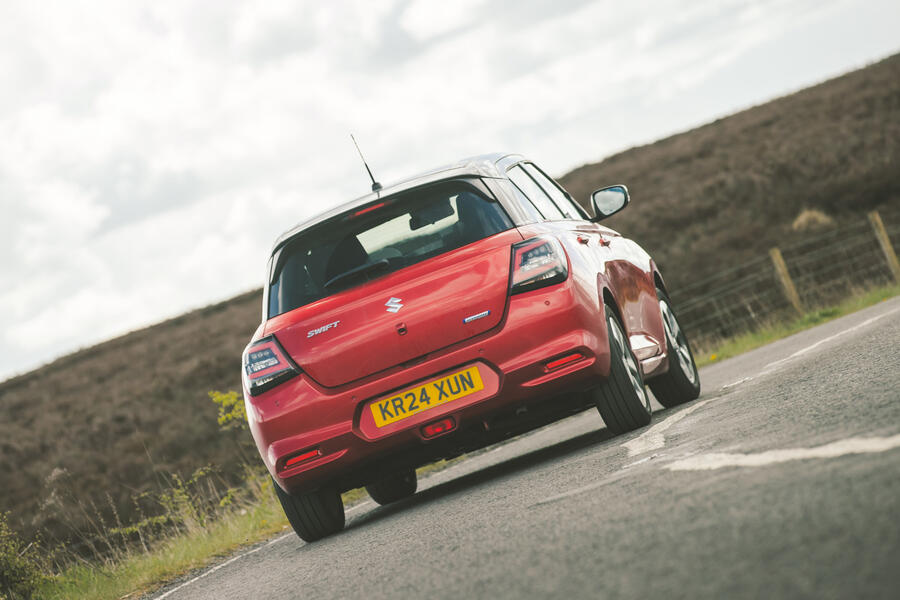
The model proved to be an immediate hit, being sold all over the world under no fewer than nine different names, and in 1988 it was replaced by a second-generation model that took the nameplate all the way through to 2003.
The Swift as we know it today was revealed a year later. It differed somewhat from its predecessor not only by being more concerned with presenting itself as a sporty, stylish supermini rather than simply the most accessible form of motoring around, but also by focusing its aim squarely on Europe.
Four-cylinder engines replaced the rough threepots of the previous generation and it sat on an all-new, albeit heavier, chassis – and we loved it. With its exceptionally well-balanced mix of ride comfort and cheekiness, the Swift always managed to be among the more fun hatches.

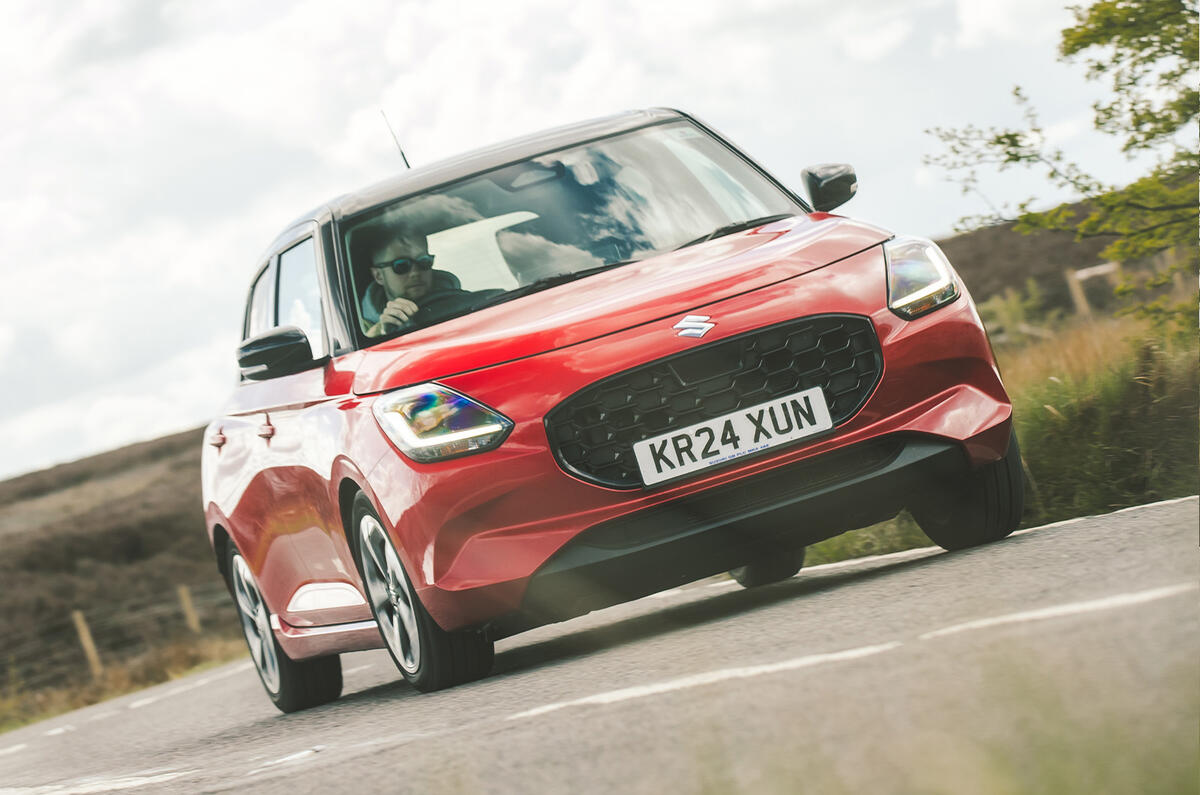

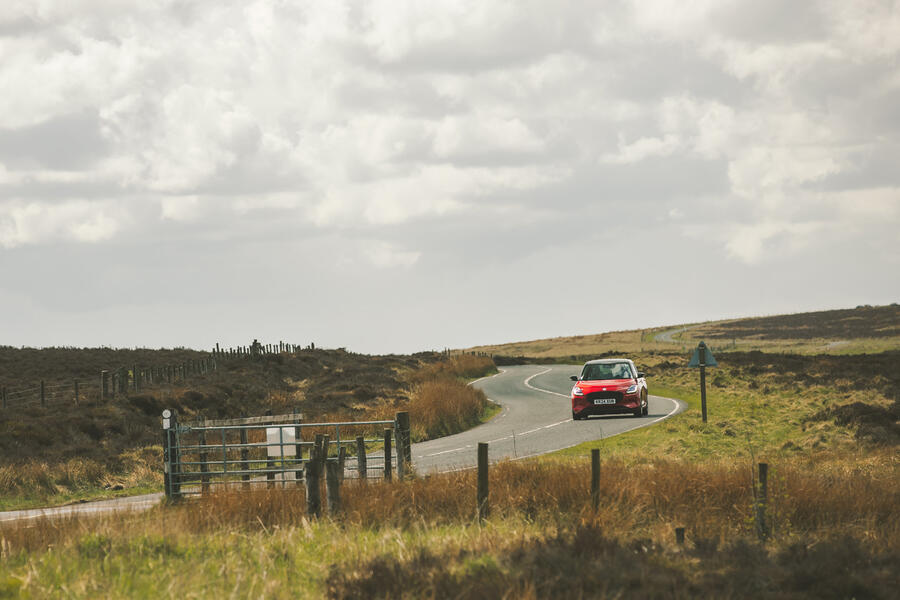
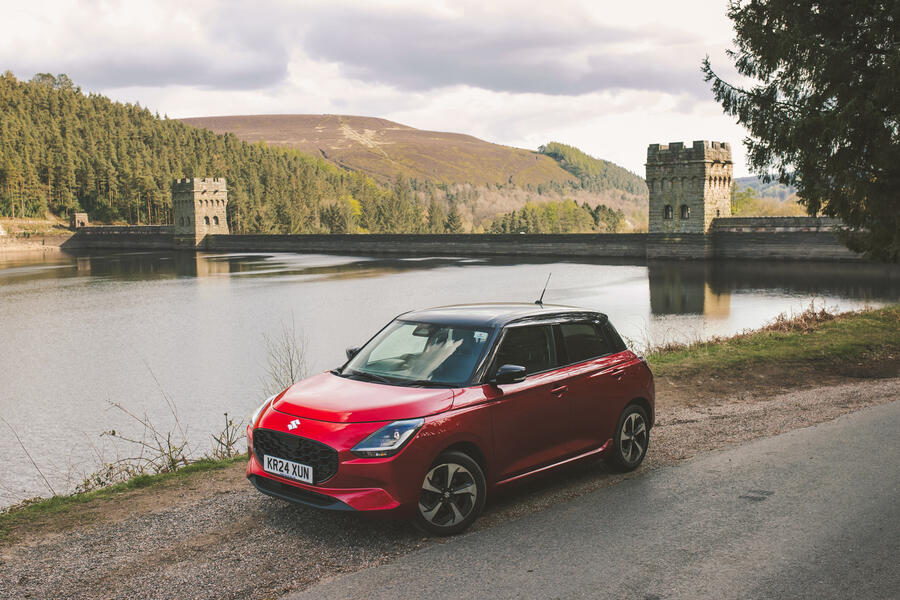
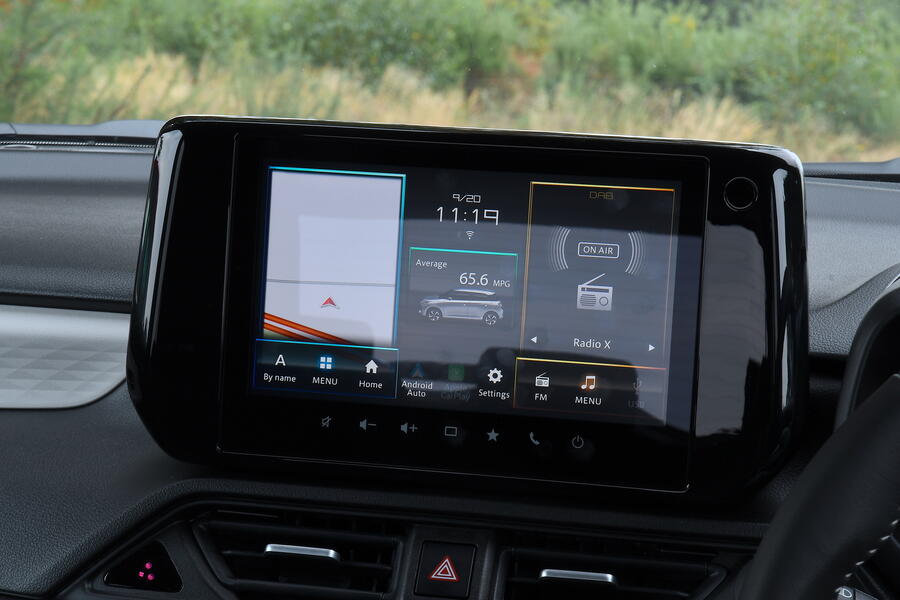
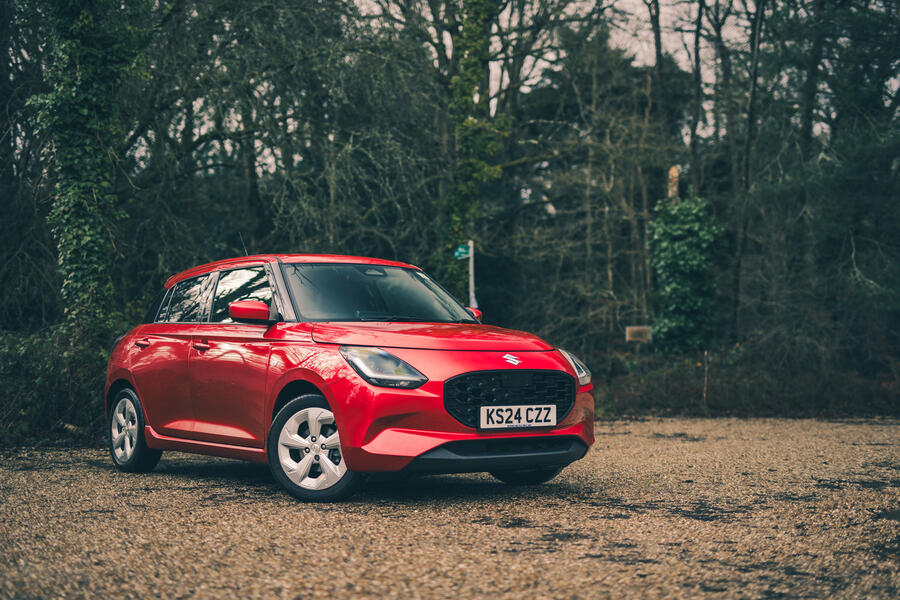
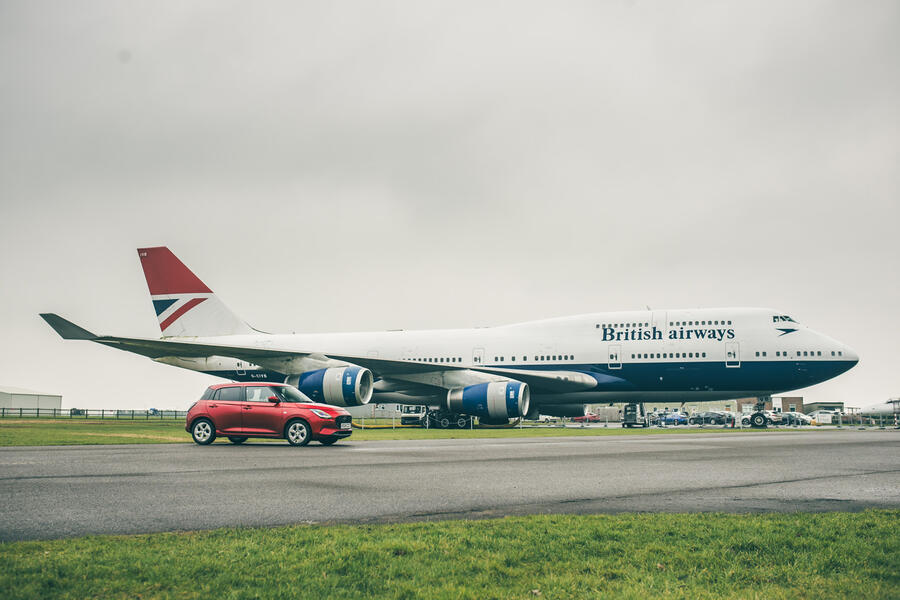
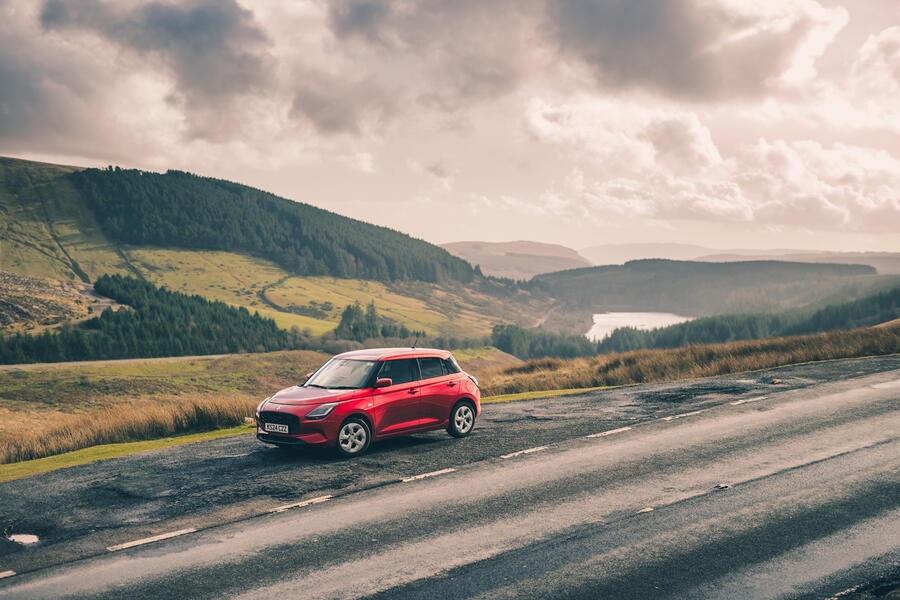
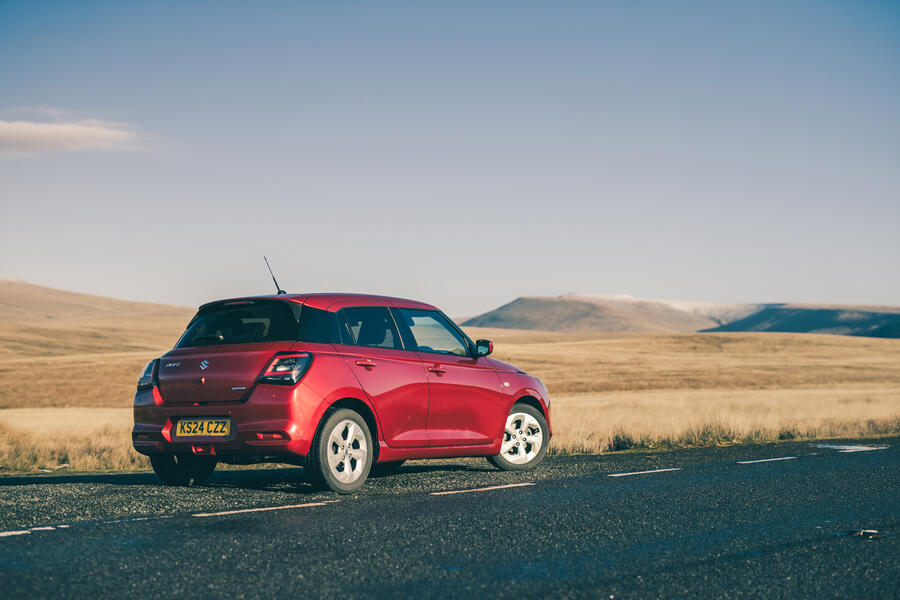
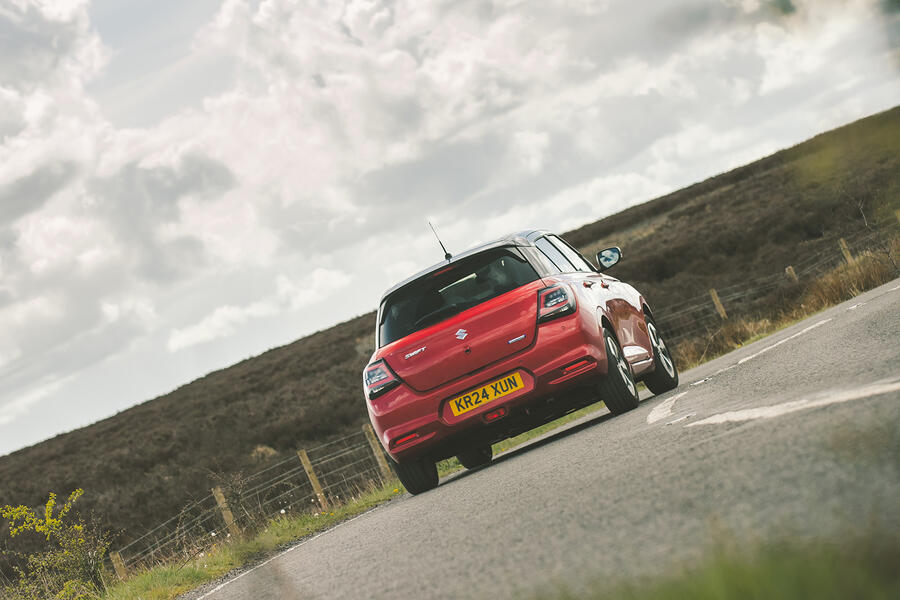

Join the debate
Add your comment
I'm not going to denigrate the Swift because I don't want to see the demise of small, lightweight and (comparatively) simple small cars but I really think Autocar have gone overboard with their praise. This report is an Advertorial for Suzuki and in my opinion does not measure up to the editorial standards that I expect from Autocar. I seem to recall that in comparison with the marginally more expensive Renault Clio that Autocar preferred the Clio. The Swift is perhaps more of a niche player and not one that will have much appeal to most of your readers.
Why would anyone want a city car that's not automatic. The stop start slow moving queues of traffic will be murder on your left leg . Driving in a city is stressful enough without having to select gears balance a clutch at the end of a long day.. the next question is why would you want a ice city car ev are vastly more useful in cities, with 1 pedal driving no gears no noise and no fumes. These types of cars are like dinosaurs past there time. Yes small hatch backs are great in the city but this is not exactly a small car it's a bloated compared to ignis vauxhall corsa is 980kg c3 citroen 1090kg so there are plenty of small cars but with an ice engine make no sense to anyone its time we stopped ice cars for city and to regulated the size of cars that can be sold in cities like they do in Japan. People in cities do not need large cars
Something sadly lacking in ev’s
"Max power 81bhp at 57000rpm"
Such high revs for max power, seems a tad inconvenient...